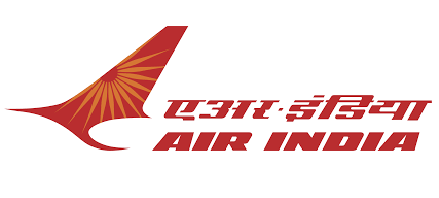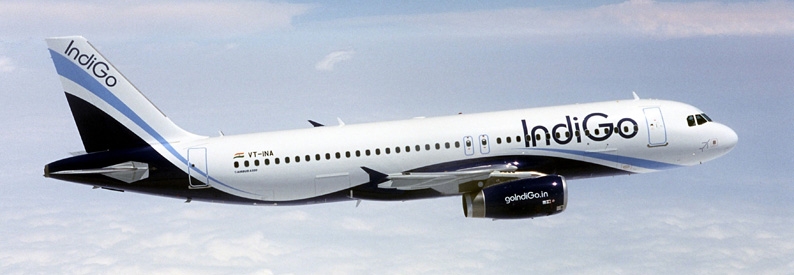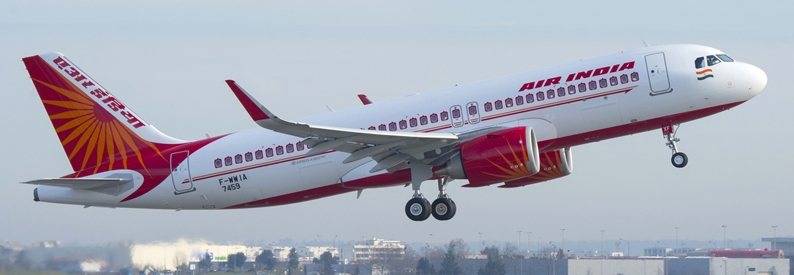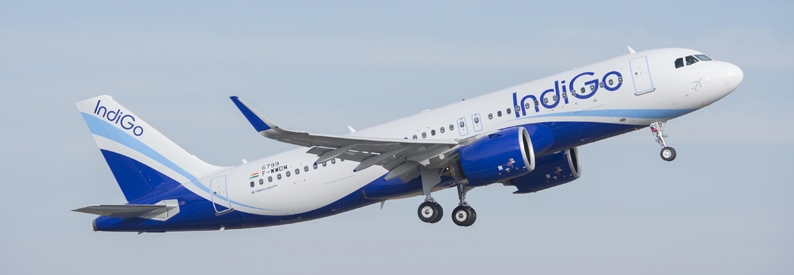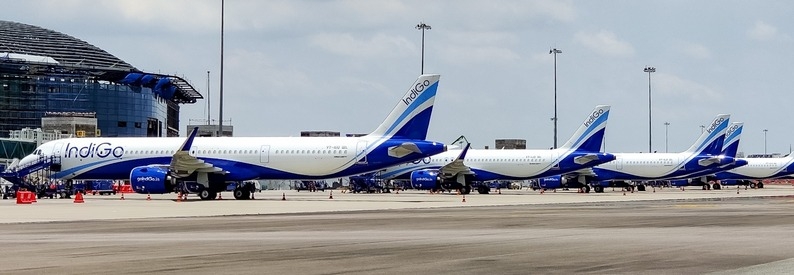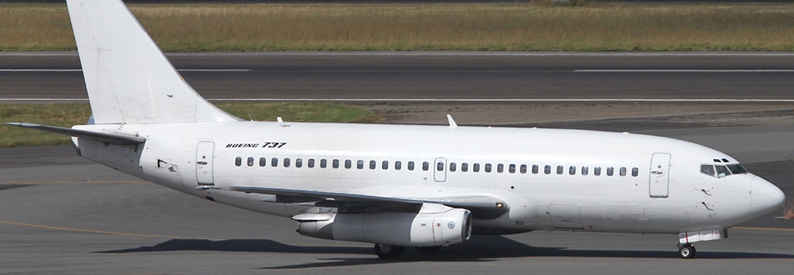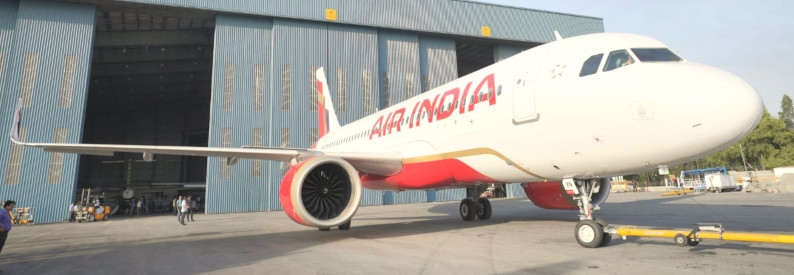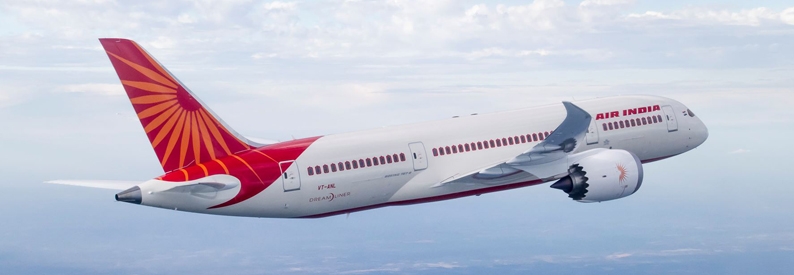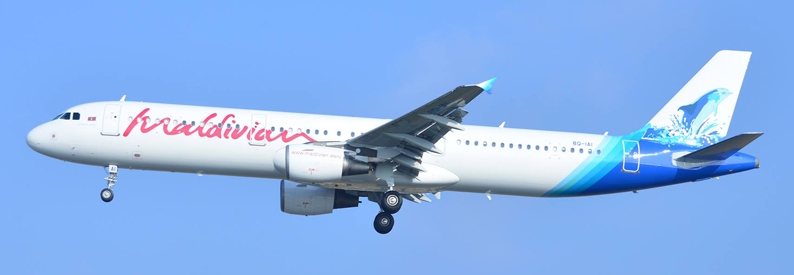Narendra Modi's government, through the Ministry of Civil Aviation, has finalized India's first integrated Civil Aviation Policy following a year-long consultative process.
Among the more significant alterations are the partial scrapping of the country's controversial 5/20 rule. Formulated in 2004 during the Manmohan Singh administration, the rule required all carriers seeking to start international flights to have been operational for at least five years and to have at least twenty aircraft in their fleet.
Introduced to ensure adequate attention was paid to India's domestic market, the requirement was, however, seen as a major impediment to the growth and establishment of new carriers.
As such, the revised rule now states that any airline can commence international operations provided they allocate twenty aircraft or 20% of their total capacity (in terms of the average number of seats on all combined departures), whichever is higher, for domestic operations. The rule assumes one aircraft undertakes six departures in a day and will be enforced through the monitoring of airline schedules.
Another key area covered is the liberalization of bilateral traffic rights and codeshare agreements. The move is aimed at improving the ease of doing business in India and to increase local consumer choice.
India says it will pursue a policy of Open Skies, on a reciprocal basis, with members of the South Asian Association for Regional Cooperation (SAARC) - Afghanistan, Bangladesh, Bhutan, Maldives, Nepal, Pakistan, and Sri Lanka - as well as countries over 5,000 kilometres from Delhi.
Here, unlimited frequencies, above those already specified under existing Air Service Agreements (ASA), will be allowed directly to and from major Indian international airports as notified by the Ministry of Civil Aviation. Service to other airports will continue to be governed by existing ASAs until such time they are renegotiated.
In a bid to increase India's international freight connectivity, Delhi says it will negotiate with other countries to amend their respective ASAs so as to allow Indian cargo carriers, whose foreign ownership stands at 74%, to start foreign services. At present, ‘Substantial Ownership and Effective Control (SOEC)’ clauses in India's ASAs prevent such carriers from applying for international rights.
In terms of codeshares, India will liberalize its specified Domestic Codeshare Points thereby allowing local airlines to freely enter into domestic code-share agreements with foreign carriers to any point in India available under their respective ASAs. Local carriers will also no longer have to seek Ministry of Civil Aviation approval to codeshare with foreign carriers with a thirty-day notification period to now suffice.
- Type
- Base
- Aircraft
- Destinations
- Routes
- Daily Flights
